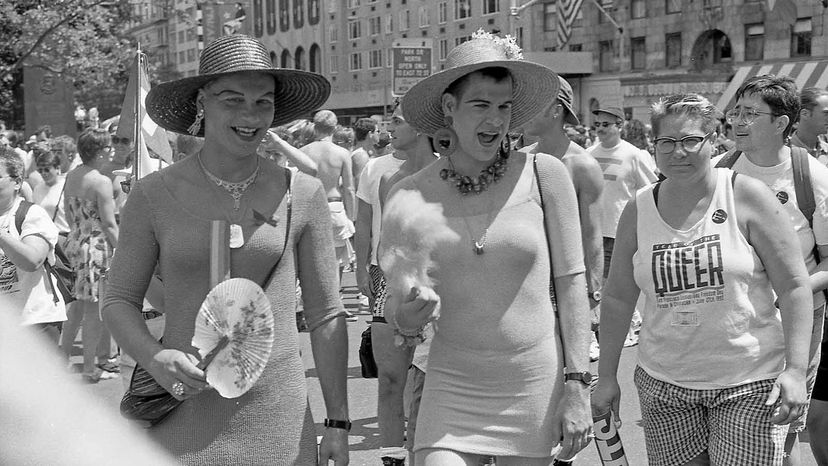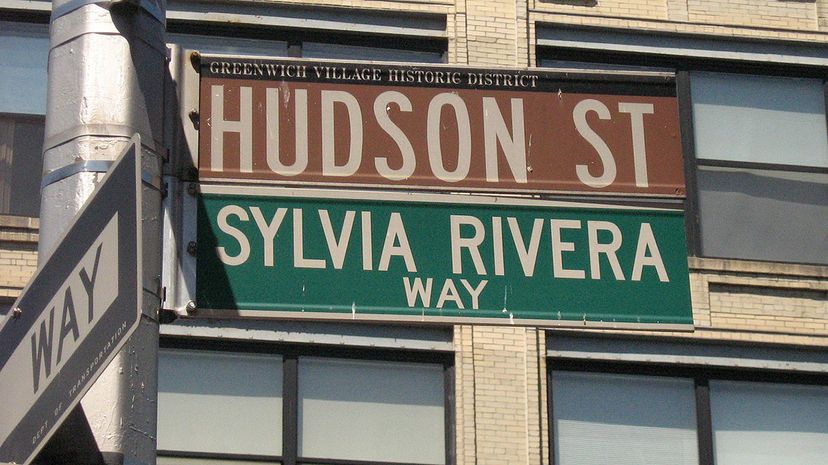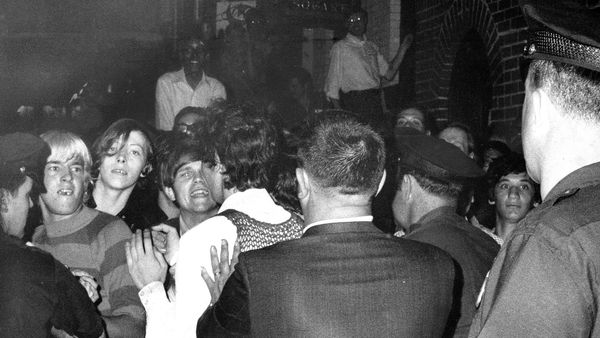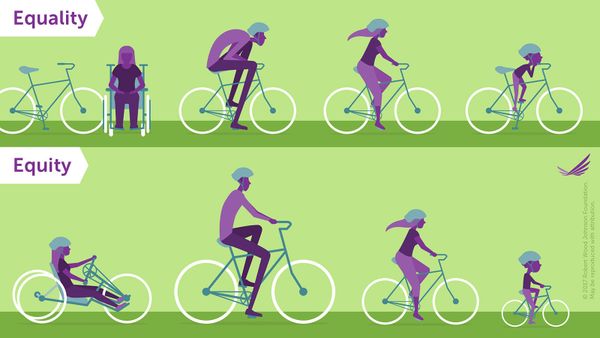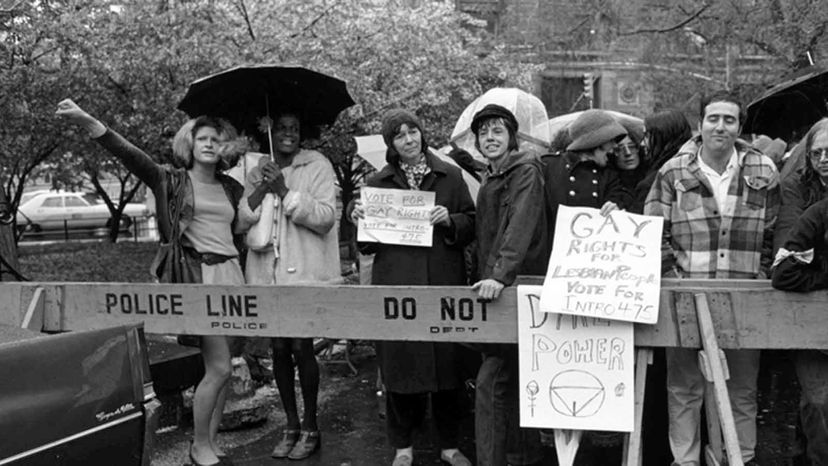
A lot of civil rights heroes appear to come in perfect packages, above reproach. Rosa Parks was a hardworking, soft-spoken woman; Mahatma Gandhi prized modesty and peace. Yet, even some of the most praised leaders faced controversy and criticism — Gandhi has been accused of racism, and Martin Luther King Jr. has been chided for his extramarital affairs.
But Sylvia Rivera, a gay and transgender rights activist, definitely did not fit a pacifist mold.
Advertisement
Rivera became part of civil rights lore as the first person to throw a Molotov cocktail at a police officer in Manhattan's West Village, essentially starting the 1969 Stonewall riots. (Rivera disputed this account, insisting she threw the second one.)
